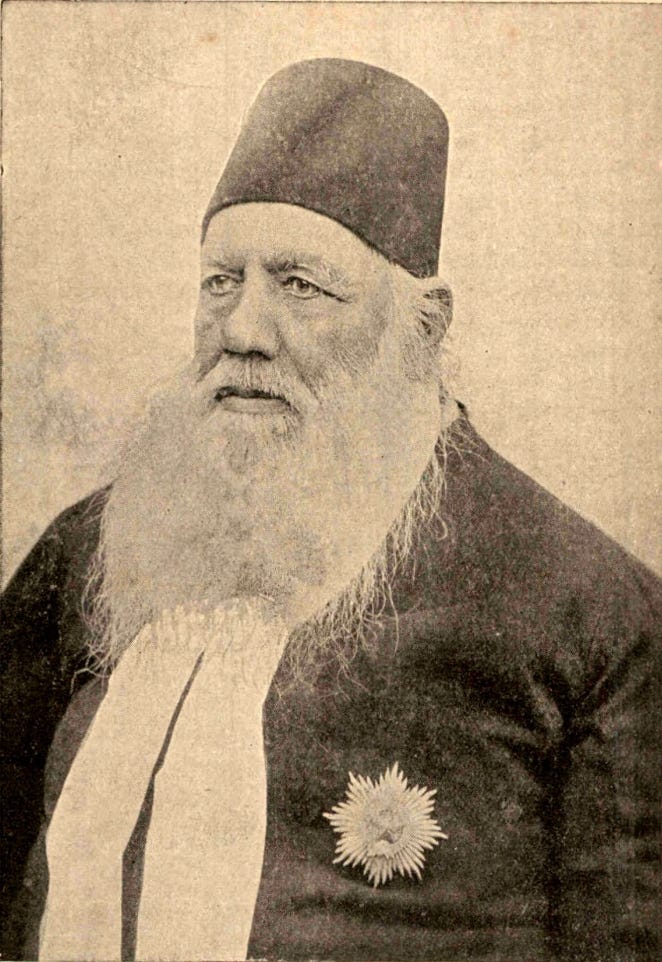A few weeks ago, I attended a mushaira held in honor of the Indian Muslim reformer Sir Syed Ahmad Khan.
I generally dislike modern Urdu poetry, but more than a few of the Pakistani poet Ahmad Salman’s couplets struck a chord with me. This one in particular nearly brought me to tears:
وہ گاؤں کا اک ضعیف دہقاں سڑک کے بننے پہ کیوں خفا تھا
جب ان کے بچے جو شہر جاکر کبھی نہ لوٹے تو لوگ سمجھے
vo gaao(n) kaa ik zaʿeef dahqaa(n) saRak ke banne pe kyu(n) khafaa thaa
jab un ke bachche jo shahr jaakar kabhi na lawTe to log samjhe
It’s hard for me to translate it well, but here’s a rough translation:
The building of a road angered that old peasant villager so much—
they understood once their children moved to the city and never turned back.
When you hear the first line, it’s hard to imagine why anyone would oppose “development.” This is compounded by all the prejudices we hold regarding the village and its inhabitants: they are ignorant, uncultured, uncivilized, etc. And I think this is magnified by the use of zaʿīf as in decrepit.
This makes the second line very powerful because you realize just how prejudiced you are. The villager knows something we don’t (or perhaps we really do but we don’t care). There’s a tension between development and loss, and what one gains isn’t always worth the cost. What could be more heart-wrenching than the thought of one’s kids never turning back.
It leaves you with a profound sense of loss but also forces you to rethink your values. It may even have been meant as a criticism of Sir Syed.
Because the couplet challenges our prejudices (the villager we thought was an ignorant fool ends up knowing something we all discover for ourselves) I think the poem can also be read as a critique of the way we “educated folk” arrogate to ourselves the right to weigh costs and benefits. In the farmers eyes, it wasn’t worth it, but the genius of the poem is that it has expressed this calculus in a way that no one could dispute at the level of the heart: losing your kids. Sure, reason can try to convince you, but:
subh-e azal ye mujh se kahaa jibrail ne
jo aql kaa ghulaam ho vo dil na kar qabool
At the dawn of time, Gabriel told me
never to accept a heart that is a slave to reason.
You can read the entire poem on Rekhta.






This was nice to read as we just got back from visiting Sumaiya's family village in Maharashtra. I literally saw this story played out in the generational changes from her grandfather's era until the present.